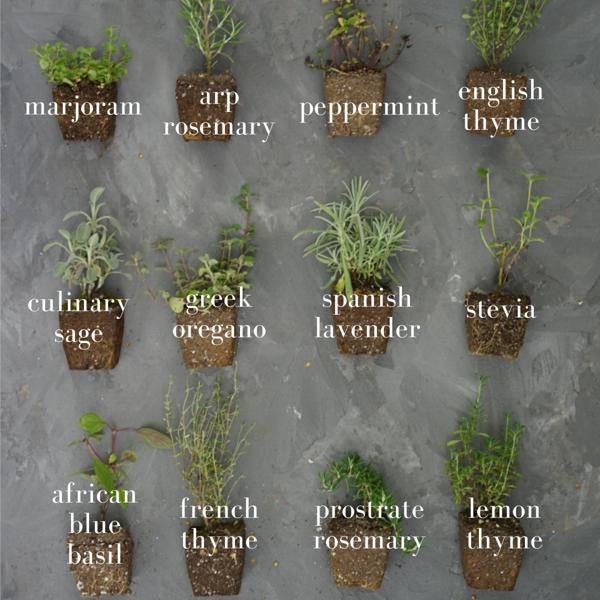How to Start a Herb Garden at Home
A Comprehensive Guide to Starting Your Own Herb Garden at Home

Frequently Asked Questions
Basil, parsley, cilantro, mint, and thyme are great choices for beginners due to their easy growth and usefulness in cooking.
Herbs generally prefer their soil to dry out slightly between waterings. Check the soil moisture regularly and water thoroughly when it feels dry about an inch deep.
Step by Step Guide
1
Choose the Right Location
Select a spot in your home that receives plenty of sunlight (at least 6-8 hours a day). If you don’t have outdoor space, consider using a sunny window sill or a balcony.
2
Decide on Container or Ground Planting
Choose between planting herbs in the ground or in containers. Containers are often easier to manage and can be moved to capture sunlight.
3
Select Your Herbs
Consider which herbs you use most in your cooking. Common choices include basil, parsley, cilantro, mint, and thyme. Start with a few beginner-friendly varieties.
4
Gather Necessary Supplies
You will need pots or containers with drainage holes, high-quality potting soil, seeds or starter plants, and gardening tools like trowels and watering cans.
5
Plant Your Herbs
Fill your containers with soil, leaving about an inch of space at the top. Plant seeds or seedling plants according to package instructions, and cover with soil.
6
Watering Your Herbs
After planting, water the herbs gently but thoroughly, ensuring that water drains from the bottom. Consistently check soil moisture—herbs usually prefer their soil to dry out slightly between waterings.
7
Fertilizing Your Herb Garden
Use a balanced, water-soluble fertilizer every 4-6 weeks to promote healthy growth. Be careful not to over-fertilize—herbs can be sensitive to excess nutrients.
8
Pruning and Harvesting
Regularly pinch back the leaves on your herb plants to encourage bushier growth. Harvest herbs as needed, but avoid taking more than a third of the plant at once.
9
Pest Management
Watch for pests like aphids and spider mites. Use natural pest control methods such as insecticidal soap or neem oil to keep plants healthy without harmful chemicals.
10
Enjoy Your Herbs
Incorporate your home-grown herbs into your cooking and enjoy the fresh flavors! Experiment with different recipes to utilize your herbs fully.








